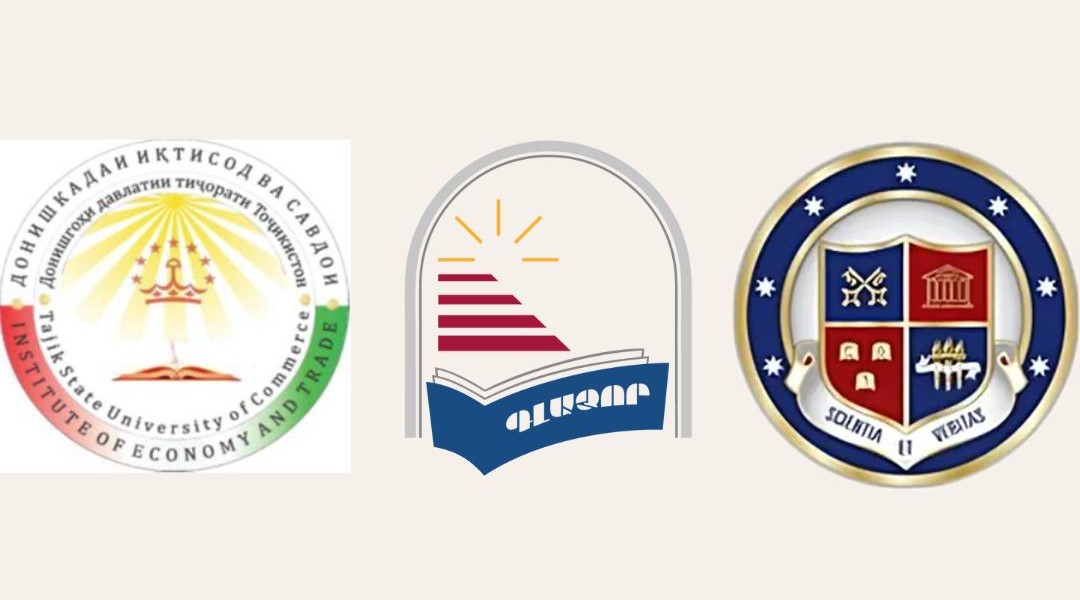

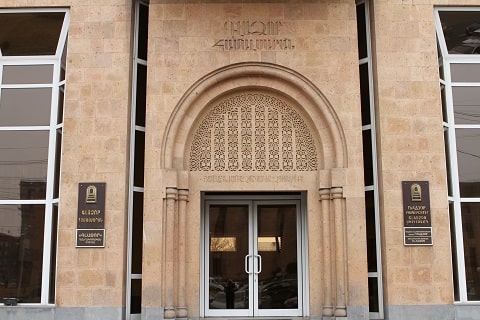



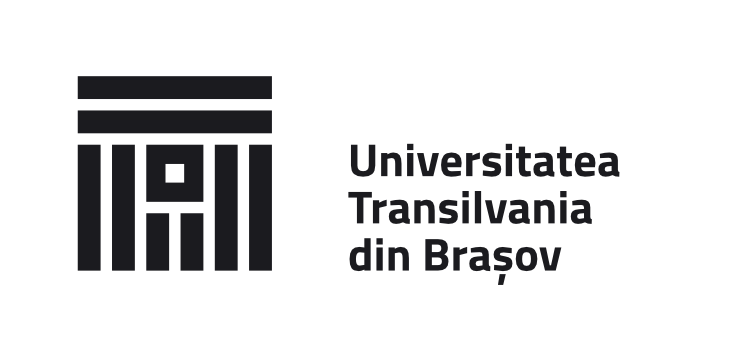
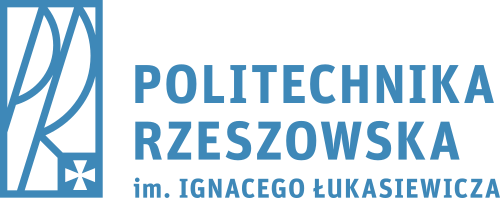
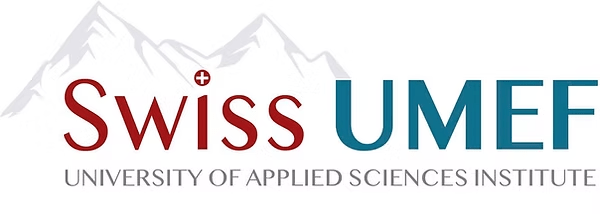




You can find answers to commonly asked questions here. If you have additional inquiries, please do not hesitate to contact us by phone or in writing. write or call
Beginning with the 2021–2022 academic year, state-issued graduation certificates awarded by general education institutions in the Republic of Armenia are issued in electronic format. The official template of the certificate has been approved by Decision No. 320 of the Government of the Republic of Armenia, dated June15, 2000.
In accordance with Clause 25 of the Procedure for Enrolling School-Age Children in General Education, Organizing the Education of Children Enrolled After the Prescribed Age, and Transferring or Withdrawing a Student from a General Education Institution, approved by Order No. 1640-N of the Minister of Education and Science of the Republic of Armenia (dated November 24, 2010), the following documents must be submitted by the student’s parent or legal guardian for admission or transfer:
1. An application addressed to the principal of the institution.
2. A copy of the student’s Public Service Number (PSN) or a certificate of exemption from obtaining a PSN, as stipulated by law.
3. A 3x4 size photograph, to be uploaded to the student’s electronic profile in the Education Management Information System (EMIS).
4. A certificate confirming the student's registration in the Information System for Children in Difficult Life Situations, issued by the relevant territorial office of the state social services authority (if applicable).
5. If transferring from an institution offering primary (vocational) or secondary vocational education programs: a certificate detailing the duration of study, subjects studied, current and semester grades, and number of absences, particularly in the case of mid-year transfers.
6. A conclusion issued by the relevant territorial office of the state social services authority, in cases where admission to a special general education institution is requested (if applicable).
7. In cases specified under Sub-clauses 3 and 4 of Clause 29 of the aforementioned procedure: a document issued by the Military Commissariat.
For students whose parents are foreign nationals, dual citizens, or stateless persons—including cases where only one parent holds citizenship of the Republic of Armenia—the language of instruction is determined by the parents or the child’s legal representative. They retain the right to choose the language of instruction for their child.
Children who are citizens of the Republic of Armenia and have received continuous education for at least five years in institutions (or classes) with foreign-language instruction abroad may, upon their return to the Republic of Armenia, continue their education in classes with foreign-language instruction—provided such classes are available.
Yes. A student who has been admitted to a higher education institution with the right to deferment from mandatory military service retains that deferment when transferring to another institution. The granted deferment status remains unchanged during the transfer process.
Applications for student transfers are accepted during the two-week periods immediately preceding and following the start of academic instruction in each semester.
To initiate the transfer process, the student must submit a written request to the rector of their current institution to obtain an academic transcript. The academic transcript is issued by the institution within seven (7) working days from the date of the request.
The process by which high-achieving college graduates may continue their education in a higher education institution in a corresponding field of study is governed by Decision No. 752-N of the Government of the Republic of Armenia, dated July 8, 2015.
University admission for eligible candidates is organized as follows:
· For applicants admitted to secondary vocational education programs before 2014: continuation into the second year of full-time or part-time university study is permitted, provided that the number of subject/module differences between the completed and intended academic programs does not exceed eight (8).
· For applicants admitted after 2014: continuation into the second year is permitted only in part-time study programs, under the same condition—that the number of subject/module differences does not exceed eight (8).
A subject/module difference is defined as a discrepancy of 30% or more in either the instructional hours or the content of subjects/modules required by the university program, compared to those previously studied and assessed by the applicant.
The applicant or the college must submit all required documentation to the university by August 30 of the given academic year.
If the number of applications exceeds the number of available places, a competitive selection process will be conducted in accordance with established procedures.
Diplomas awarded by state higher education institutions of the Republic of Armenia are recognized in the following countries and regions:
· The 47 member states of the European Higher Education Area, in accordance with the Lisbon Recognition Convention;
· Countries of the Asia-Pacific region, pursuant to the Asia-Pacific Regional Convention on the Recognition of Qualifications in Higher Education;
· The People’s Republic of China, Lebanon, and the Islamic Republic of Iran, based on bilateral intergovernmental agreements.
First-year undergraduate students admitted to higher education institutions who achieve scores above the government-defined threshold for socially vulnerable families may be eligible for partial tuition fee reimbursement in the form of state financial assistance, subject to the submission of the required documentation.
Eligibility for bachelor’s and integrated educational programs is determined based on the cumulative scores obtained in the entrance examinations. For master’s degree students, eligibility is based on the grade point average (GPA) earned during their undergraduate studies.
Student transfer between tuition categories (state-funded and tuition-paying) is conducted during the two-week periods immediately preceding and following the start of the academic year.
· Students enrolled in state-funded (tuition-free) places who do not demonstrate satisfactory academic performance based on results from the previous academic year are transferred to the tuition-paying category.
· Tuition-paying students who demonstrate excellent academic performance may be transferred to the tuition-free category, except for those admitted on the basis of basic education before the age of 19or those granted exemptions in accordance with applicable legislation.
The list of students reassigned to tuition-free or tuition-paying categories is approved and published by the institution’s rector within three working days, and students are duly informed.
Two weeks prior to the end of each semester, the rector issues an official announcement—posted in visible locations and, if available, on the institution’s website—inviting tuition-paying students to apply for partial tuition reimbursement based on social status and academic merit. Applications are accepted from the date of announcement until the end of the semester.
Newly admitted students may submit applications during the first week prior to the start of the semester. Applications must be submitted to the rector along with the required documents verifying social status.
Within two weeks before the start of the new academic year, submitted applications and supporting documents are reviewed by the institution’s collegial governing body (Council) based on the director’s recommendation. The approved list of beneficiaries is published within three working days and students are promptly notified.
A diploma with distinction is awarded to graduates who meet the following criteria:
· Successfully pass the final attestation with an “Excellent” grade;
· Achieve at least 90% of the maximum possible grade point average (GPA).
A student’s studies may be temporarily interrupted under the following circumstances:
1. In the event of conscription for compulsory military service;
2. During an academic leave granted due to health-related reasons;
3. In cases of pregnancy and childbirth, as well as childcare for children up to three years of age.
Students shall not be dismissed during periods of illness, vacation, academic leave, or maternity leave.
· Student transfer is not permitted during the first and final years of the Bachelor’s degree program.
· Transfer for students enrolled in the Master’s degree program is allowed only after the completion of the first semester.
The transfer of a student from one university to another—whether within the same academic program, between different programs, or involving a change in the mode of study (full-time, part-time, distance learning)—is carried out based on a personal written application addressed to the rector of the receiving institution.
The application must be accompanied by an academic transcript issued by the student’s current institution. The rector of the receiving university issues the official transfer order upon receipt of:
· The student’s application,
· A copy of the secondary education certificate (diploma), and
· The academic transcript, which is verified against the student’s academic record.
In cases where applicants have equal competitive admission scores, priority is granted in the following order to those who:
1. Are holders of gold or silver school graduation medals;
2. Are winners of international or national competitions in the arts;
3. Hold first-class diplomas from national subject Olympiads;
4. Have achieved the highest score in the first entrance examination designated by the university as the priority exam for the respective major, as approved by a Government decree;
5. Have attained the highest average grade in the state graduation examinations;
6. Possess relevant secondary vocational education qualifications aligned with the intended major.
Applicants may list an unlimited number of academic programs in their admission application, in any order of preference, across both tuition-free and tuition-based study modes. However, an applicant may compete for admission to a maximum of two tuition-free programs and up to eight tuition-based programs at one or more universities, provided that they have successfully completed all required entrance examinations for the selected programs.
Applicants to bachelor’s, continuous, or integrated educational programs must submit the following documents:
· A certificate with photo confirming current enrollment in the final year of secondary school, approved by the school principal.
(Applicants who graduated in previous years must submit a diploma or graduation certificate.)
· Six photographs (3 x 4 size),
· A valid identity document (passport, ID card, military ID, birth certificate, refugee certificate, special RA passport, or residence permit),
· In the absence of a passport or birth certificate, a temporary identification document issued by the RA Police,
· Military ID and an official letter from the Military Commissariat confirming completion of mandatory military service, place of service, and service record (if applicable),
· Applicants eligible for special privileges must provide official documentation verifying their entitlement to such privileges.
· Diplomas or certificates from international or national competitions (Olympiads, festivals),
· Receipts confirming payment of 1,500 AMD for each university entrance examination, as well as for document processing and registration.
The deadlines for submitting application documents are as follows:
· General applicants:
Application documents are accepted from May 5 to June 1 of the current year, until 18:00.
• Applicants belonging to special categories, including:
• Dual citizens and foreign nationals
• Citizens of the Republic of Armenia who completed their education abroad during the current academic year
• Applicants discharged from military service during the spring conscription or by July 31 of the current year
• Graduates of primary (vocational) or secondary vocational institutions of the current year may submit their application documents from June 25 to July 2, until 18:00.










